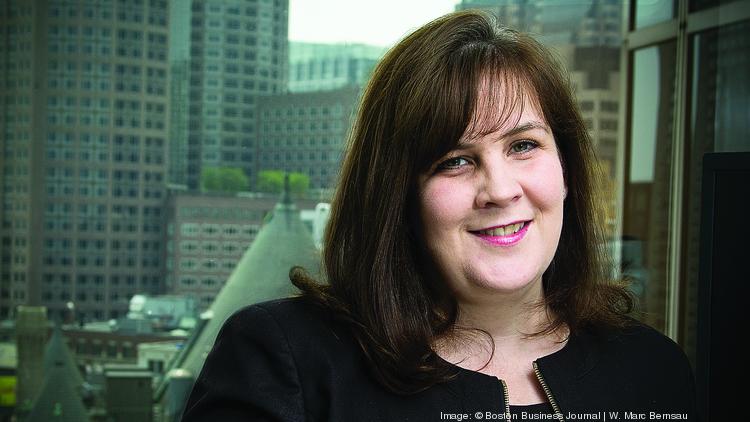By Jerry Berger
Title: Chief operating officer, Cresa
Education: Bachelor’s degree in architectural engineering, Wentworth Institute of Technology, 1995; MBA, Suffolk University, 2003
Age: 43
Residence: Back Bay
THE INFLUENCE FACTOR
Did you have mentors along the way? I’ve been here for about 18 years now and Bill Goade, who is one of the original founders of the company, is probably my No. 1 mentor all the way from transitioning from a project manager to transaction management for our portfolio accounts. Then I transitioned into a management role at the same time I had been going to school part-time to get my MBA and he was the one who helped make that transition for me.
Who do you turn to for advice today? The good thing in this organization is there are managing partners in more than 50 offices throughout North America and many of them I have 20-plus- year relationships with. There’s never a shortage of people to pick up the phone and reach out to and who are always happy to give you advice. … And always done in a supportive way, which is consistent with our culture here.
Judi Hilton knows a good thing when she sees it. That’s why she has bucked the tendency of her generation to change jobs in search of the right fit. Starting just after her graduation from the Wentworth Institute of Technology, she has been at Cresa, a Boston-based real estate brokerage, for more than 18 years, rising to her current role of chief operating officer.
A native of Jefferson, Maine, she is equally at home in the Back Bay or the backwoods. And she is also comfortable in standing out from the field in a company that solely represents tenants in leasing deals. That niche has enabled Cresa to grow to more than 55 offices in North America and 10 internationally — and grow revenue from close to $80 million in 2003 when she earned her MBA to $300 million today.
She recently spoke to Boston Business Journal correspondent Jerry Berger.
Tell me about Cresa and its business focus. In today’s world, and its focus on transparency, financial and otherwise, it’s become more and more important to be in this niche where we don’t have a conflict of interest. We are able to always advocate for the tenant. All of our resources, time and energy go into understanding what our tenants’ needs are.
You were one of the few women in commercial real estate to enter the C-suite. How is it going? It’s going great. I was in engineering school, studied architectural engineering, and I’ve been in commercial real estate all of my career. I actually started at Liberty Mutual when I was a co-op student working in the real estate department. It doesn’t feel as groundbreaking as it may look from the outside because I’ve really grown up in this organization and have been able to rise through the ranks, without regard to gender. Although I certainly understand the leadership position it puts me in in this organization.
But isn’t this a male-dominated industry? It is absolutely. But I started out as a project manager. So when I was in my 20s I was managing design and construction projects, which was hiring architects and contractors on behalf of the company. For me, I’ve always worked in a male-dominated industry. I’d like to believe that it is becoming more so that you are judged on your contribution and the value that you give to the company and it’s less about whether you are a man or a woman. It’s not so much about your gender but your ability to grow, continue to look forward and help the company move in that direction.
What are some of the issues you face? We’re in the same employment market as everyone else, trying to keep top talent and recruiting constantly to make sure we have the right people.
What’s a key to your success? It’s a little unique to be in one company so long for someone in my generation. We came into the working world tending to move around a little more and it’s been fortuitous that my career has grown on a very similar trajectory as the organization. We are aligned, we all work hard, but we want to have fun doing it.
What do you do to relax? I have a home up in Maine where I go most weekends. It’s a little bit of the ultimate balance of life, of being in the city and having the career I have but also being able to have the enjoyment of getting out in the country. I ski a fair amount in the winter so I get out to Colorado and Utah quite a bit and mostly play golf in the summer, which are all things I learned to do as a kid.


